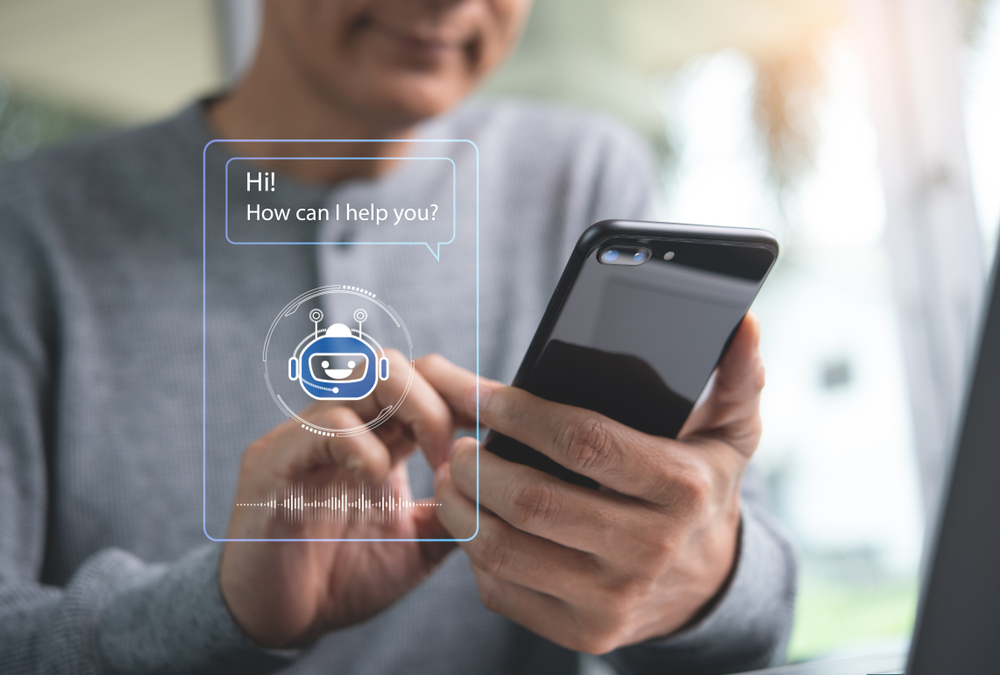Inflection AI, an AI startup, has recently raised $1.3bn in funding less than 2 months after launching its first chatbot, Pi.
This funding round saw participation from Microsoft and Nvidia, as well as personal investments from influential tech billionaires Reid Hoffman, Bill Gates, and Eric Schmidt. Reuters reported that the investment was a mix of cash and cloud credit.
Inflection CEO Mustafa Suleyman said, “In practice, it was a very traditional round. There’s no IP movement, and we still are entirely independent and at liberty to do whatever we want on the commercial front, and partner with whomever we want. So there are no real restrictions.”
The funding round bolsters Inflection’s relationships with Microsoft and Nvidia.
Microsoft is their cloud computing partner, while Nvidia, in collaboration with CoreWeave, has played a critical role in co-developing Inflection’s current H100 GPU cluster, which Suleyman believes is the world’s largest for AI applications.
Inflection AI is set to develop some of the largest AI training stacks the world has ever seen.
The setup, boasting 3,584 H100 GPUs, recently helped Nvidia set records for 8 AI benchmarking tests. With the recent funding round, Inflection plans to ramp up its GPU capacity to 22,000 H100s.
Suleyman said, “We’ll be building a cluster of around 22,000 H100s. This is approximately three times more compute than what was used to train all of GPT-4. Speed and scale are what’s going to really enable us to build a differentiated product.” This demonstrates Inflection’s commitment to pushing the boundaries of what is currently possible with AI technology.
As Suleyman noted, “Microsoft has been amazing, they’re turbo-charging us, they are our anchor. And as a result of our collaboration with Nvidia, we’ve been able to tune our cluster to get it to be the absolute best in the world. We can objectively say now that we have the very best hardware in the world.”
Who is Inflection AI?
Inflection AI uses generative AI technology akin to ChatGPT for their chatbot, Pi.
Pi interacts with users through dynamic dialogues, answering questions, and gathering feedback. It’s more of an AI ‘friend’ or ‘companion’ than a fact-driven tool like ChatGPT and Bard.
Inflection’s vision is to create a personal AI assistant that can help users with a range of tasks, from planning and scheduling to information retrieval.

Pi is designed to engage in meaningful conversations, becoming an active listener or sounding board. When a user poses a question to Pi, instead of providing a direct answer, the bot might respond with a question of its own, designed to elicit further information or help the user clarify their thoughts.
Some observers criticized that designing a chatbot intended to provide advice on complex life matters is risky. However, Inflection commented that Pi doesn’t act as a therapist and can direct users to seek human assistance.
Additionally, Pi can remember up to 100 turns of conversation with logged-in users across multiple platforms, providing an uninterrupted flow of dialogue.
Pi looks likely to disrupt how people interact with AIs, with its personable, easy-going tone and willingness to serve users’ thoughts and queries.





